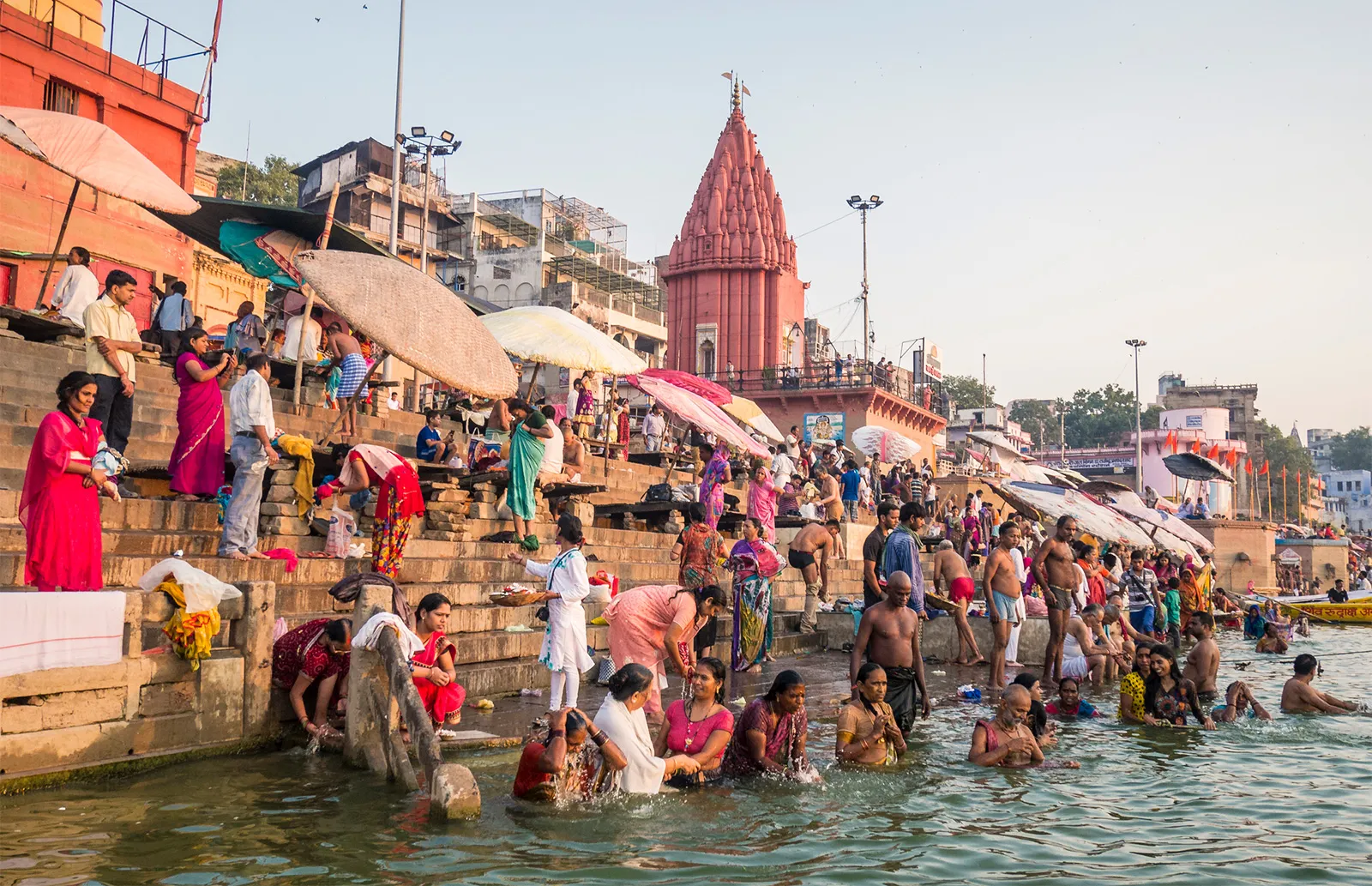Exploring the Spiritual Significance of the Ganges, Yamuna, and Beyond
India's sacred rivers hold profound spiritual significance, playing a central role in the country's cultural and religious tapestry. Among these revered waterways, the Ganges (Ganga) and Yamuna stand out as symbols of purity, divinity, and devotion. Let's delve into the spiritual significance of the Ganges, Yamuna, and their profound impact on Indian spirituality.
The Divine Ganges (Ganga):
The Ganges, often referred to as the Ganga, is more than just a river; it is considered a goddess and a source of life. In Hindu mythology, Ganga is believed to have descended from the heavens to Earth, flowing through Lord Shiva's hair to purify the world. Her waters are revered for their ability to cleanse both the physical and spiritual impurities of those who immerse themselves in her currents.
The Ganges holds immense importance in Hindu rituals and ceremonies. Pilgrims from all corners of India and beyond travel to the river's banks to perform religious rites, offer prayers, and release the ashes of departed loved ones. The Kumbh Mela, a grand spiritual gathering that occurs every few years, witnesses millions of devotees taking a holy dip in the Ganges to wash away sins and seek blessings.
The Sacred Yamuna:
The Yamuna, another vital river in Indian spirituality, is also considered a goddess and a divine presence. According to Hindu legends, Yamuna is the sister of Yama, the god of death, and she is revered for her compassionate and nurturing nature. The river is intertwined with the life of Lord Krishna, as he spent his childhood and performed divine deeds along its banks.
Devotees flock to the Yamuna's ghats in cities like Mathura and Vrindavan, seeking spiritual solace and offering prayers to the river goddess. The Yamuna's waters are believed to possess healing properties, and many believe that bathing in her sacred currents can bestow blessings and absolve sins.
Beyond the Ganges and Yamuna:
While the Ganges and Yamuna hold significant spiritual importance, India's spiritual landscape is rich with other revered rivers as well. Rivers like the Saraswati, Godavari, and Narmada are mentioned in ancient texts and are associated with various stories and legends.
These sacred rivers serve as reminders of the interconnectedness between nature, spirituality, and human life. They are not only sources of physical sustenance but also symbols of spiritual rejuvenation and transcendence. The rituals, festivals, and stories associated with these rivers continue to inspire devotion, cultural practices, and a deep sense of reverence among the Indian populace. In conclusion, the Ganges, Yamuna, and other sacred rivers of India are more than geographical features; they are embodiments of divinity and repositories of spiritual energy. The worship and veneration of these rivers reflect the deep-rooted spiritual connection between humanity and the natural world, and they continue to be integral to India's cultural and religious heritage.

